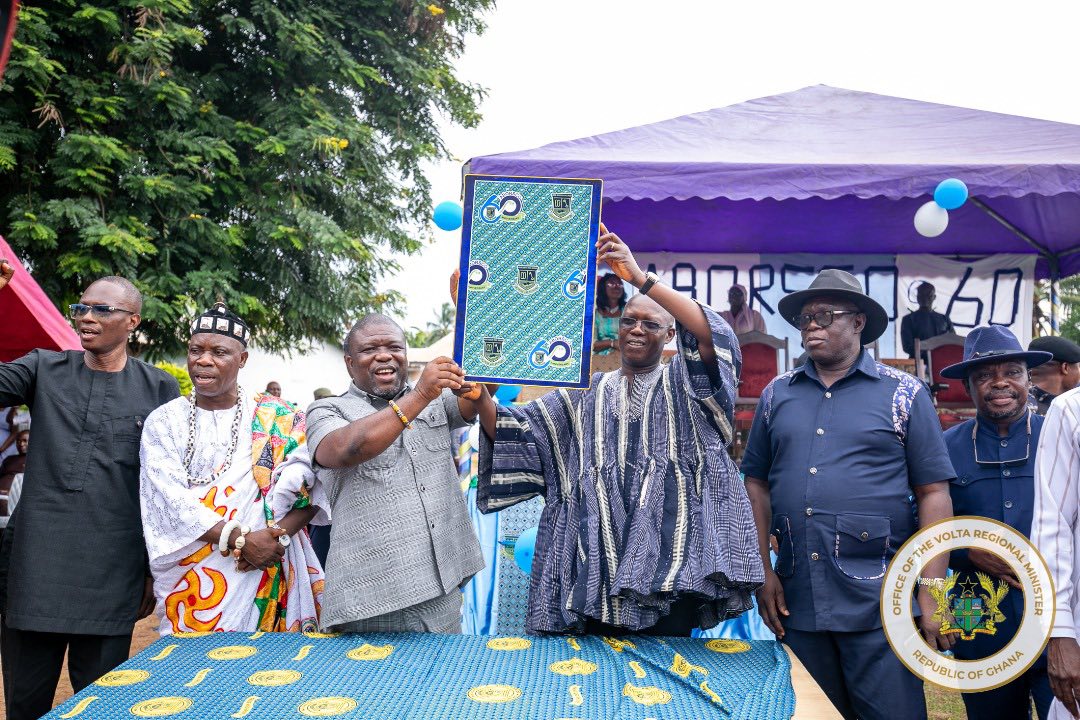Patricia Asiedua Asiamah, popularly known as Nana Agradaa, has been in the news after the ruling by an Accra Circuit Court, having found her guilty on multiple counts of charlatanic advertisement and defrauding by false pretence. The charges stemmed from a televised broadcast in 2022, during which Agradaa claimed to possess spiritual powers capable of doubling money.
This piece is not meant to dissect the concept of defrauding by false pretence, but to place the public uproar on the scale of justice, to find the balance between the sentencing and the applicable laws in determining the harshness or otherwise of the sentencing.
There is a long-established principle in Ghanaian jurisprudence that in the absence of mandatory minimum sentences prescribed by statute, the trial judge enjoys wide discretion in sentencing. In the case of _*Blay v. The Republic*_, although the appellant was convicted on a count of defrauding by false pretence, the sentencing was subject to review with some relief granted in mitigation when the evidence demonstrated an intention to defraud for personal benefit. The judge observed that if a person knowingly exploits vulnerable parties, especially in contexts of spiritual or religious overtones, the sentence must reflect the gravity of the abuse of trust. That case highlights the court’s approach where aggravating factors such as the abuse of a position of trust can lead to more severe sentences.
In contrast, in the case of *_Imoro Abdulai v. The Republic_*, the appellant’s conviction for armed robbery (a serious, yet distinct, offence) initially resulted in a 30‐year sentence that was later reduced to 15 years by the appellate court. The reduction was based on a careful reassessment of the circumstances and evidence. This outcome illustrates that appellate courts are willing to adjust severe sentences when the factual matrix including mitigating factors suggests a heavy sentence may be disproportionate. Although the nature of the two offences are not identical, the appellate adjustment demonstrates that even in grave cases, the courts can assess whether a sentence may be excessively harsh.
Similarly, in the case of *_Pastor John Kwesi Akorli v. The Republic_*, the defendant, a person holding a religious office, was sentenced for conspiracy to steal and forgery, the trial judge’s sentencing took into account the offender’s position and the impact on public trust. The court acknowledged that breaching the trust reposed in persons of religious standing has a particularly deleterious effect on society. The judge carefully balanced aggravating factors (the role of a pastor in leading people to believe in a sacred trust) with any available mitigating circumstances such as prior custodial experience or expressions of remorse. In that case, the sentence was ultimately upheld as justified by the circumstances. This example is instructive because, like Nana Agradaa’s case, it involves a religious figure whose actions betray a higher moral expectation.
The Constitution, 1992 enshrines the right to a fair trial _(audi alteram partem_ principle) and equitable punishment. Although not every sentencing decision is subjected to direct constitutional scrutiny, the principle that punishment must be proportionate to the nature and gravity of the offence is fundamental. In cases where the state imposes custodial sentences, courts have the duty to consider factors such as the extent of premeditation, the defendant’s history, and any undue hardship that the sentence may impose on family members. For example, in decisions that have scrutinized long pre-trial custodial periods and their effect on sentencing, judges have leaned on provisions (for instance, as referenced in Article 14(6) in other sentencing contexts) to ensure that a sentence does not become punitive beyond what is necessary to deter the criminal conduct. Even though the details of the accused’s personal circumstances are not fully outlined here, the constitutional mandate for proportionality remains a touchstone in assessing whether a sentence is manifestly excessive.
Some sections of the public have proclaimed that the sentence imposed on Agradaa is harsh. Reviewing analogous cases shows that while courts have indeed imposed heavy sentences in cases of fraud, especially when the offence involves the abuse of a position of trust, the key lies in the balancing of aggravating and mitigating factors.
In the present case, factors that could justify a 15‐year term include:
a. The breach of trust inherent in defrauding individuals in a religious setting, where the vulnerable may be exploited more profoundly.
b. The demonstration of premeditation and deliberate misrepresentation in a setting where the public relies on the spiritual guidance and authority of the accused.
c. The need to deter similar fraudulent religious activities, which undermine public confidence and social morality.
On the other hand, if mitigating factors such as lack of previous convictions, cooperation with authorities, or remorse were significant and did not receive due weight, it might be argued that the sentence is disproportionate. However, decisions like the one in _*Blay v. The Republic*_ and the careful analysis in the Pastor John Kwesi Akorli case indicate that when fraud is committed in a manner that damages public trust, especially in a religious context, the imposition of a severe custodial sentence (with hard labour) may be within judicial discretion and not manifestly excessive in light of the legislative framework provided by the Criminal Offences Act, 1960 (Act 29).
In conclusion, while public agitation over the harshness of the sentence is understandable, given the human cost of lengthy incarceration, the detailed analysis of similar fraud cases indicates that a 15‐year sentence with hard labour can be justified by the statutory framework under the Criminal Offences Act, 1960 (Act 29), which allows the courts considerable discretion in balancing aggravating and mitigating circumstances; precedents where defendants in positions of trust were sanctioned heavily to deter the abuse of that trust, and constitutional principles requiring proportionality and fairness in sentencing.
It is important to note that unless it can be demonstrated that significant mitigating factors were overlooked or that the application of legal principles was fundamentally flawed, the heavy sentence imposed on Agrdaa is consistent with established legal practice in cases of high-impact fraud, particularly those involving trusted religious figures.
By Samuel Saint-Ayisi






































